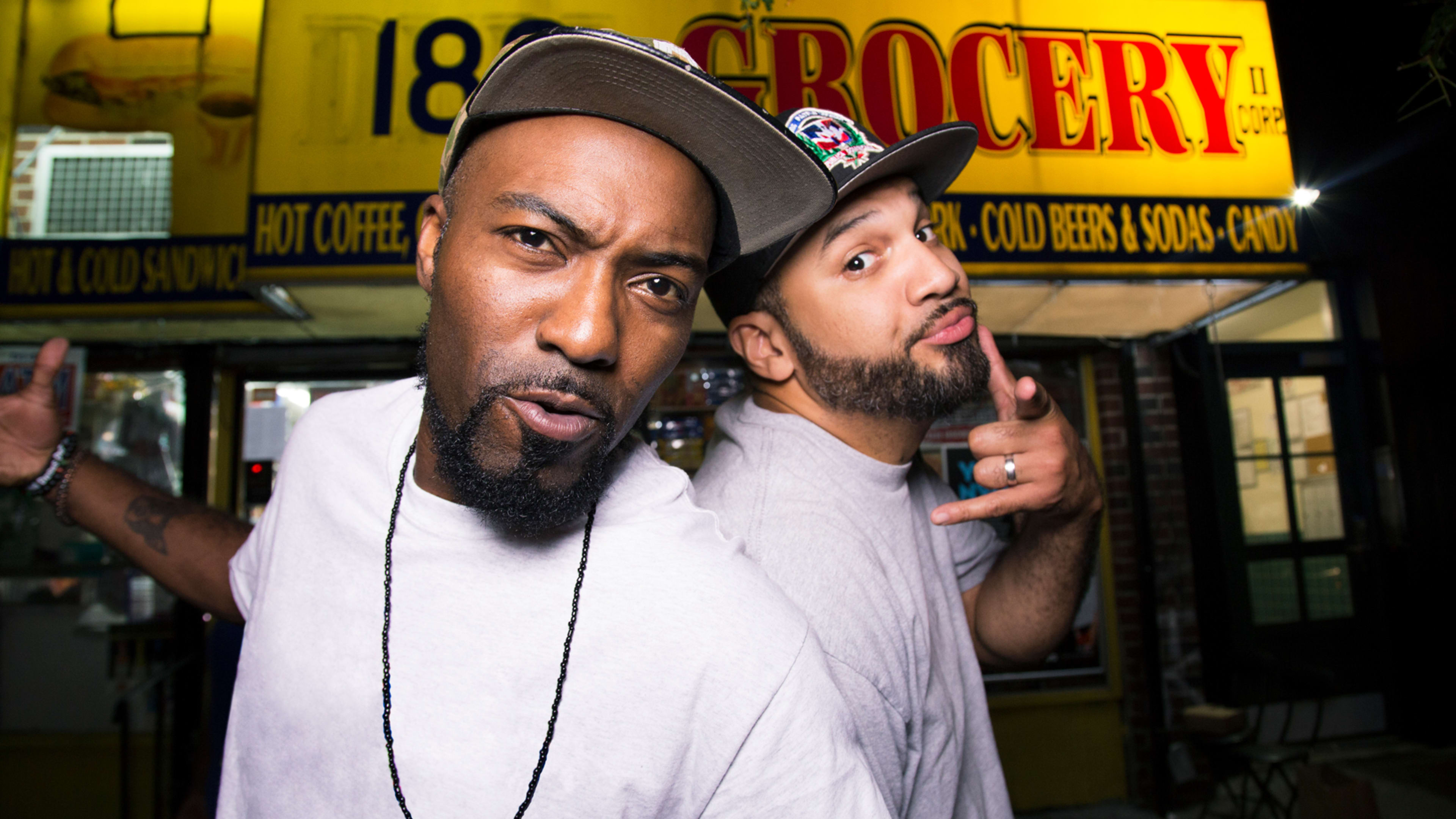Vice Media has long been known as the Bad Place Where Millennials Want To Work. For years, it’s been rumored to have had a permissive work culture that lets unprofessional conduct run amok. Numerous stories have also described how the company allegedly underpaid employees and expected outlandish results. For instance, an unnamed senior manager was quoted in New York magazine earlier this year describing Vice’s “22 Rule:” “Hire 22-year-olds, pay them $22,000, and work them 22 hours a day.”
In response, the company has pledged to transform its infamous clubhouse of a work environment into one that treats employees as real employees.
But a new interview with now-former Viceland stars Desus Nice and The Kid Mero indicate that perhaps Vice hasn’t changed the way it views talent. The two stars, who rose to relative prominence on their podcast “Bodega Boys,” signed with Vice in 2016. Their late-night show Desus and Mero aired on the Viceland cable network for two seasons. But last month, the Bronx-born duo announced they were moving to Showtime. And as it turns out, Vice wasn’t happy about this move.
In the new Bossip interview, Desus and Kid gave the gory details about what it was like to work at the media company. One interesting tidbit is that Vice supposedly canceled the show as soon as the two announced their move to Showtime. According to the duo, Vice had two more months of the show but decided to axe them right away.
“We did not leave Vice, Vice ended our contract,” said Desus to Bossip. “They were in their feelings because we were leaving.”
But hurt feelings weren’t the only things Desus and Mero described. They recounted the expectations and lack of support they received from the media company. Take this description:
“Viceland wanted 160 episodes a year,” Desus divulged. “We have no writers, it’s literally me and Mero talking to one another every day. If you want us to do this for 160 episodes, pay us 160 million dollars—otherwise we would have killed each other.”
“We were carrying that network on our back, and we felt the weight,” Nice continued. “They were talking about, ‘do not take the weeks off because we don’t get ratings,’ and it’s like, yo, we’re just two people”
“We were literally the LeBron of that network,” Mero replied. “As a dad, you wanna be around for milestones for like graduations, birthdays … and it’s obnoxious to have to be like, ‘I can’t go to my kid’s graduation because we leave the studio at 3 o’clock and the graduation is at 4.'”
Meanwhile, they say the show was the most popular on the channel. While it didn’t get massive ratings compared to other late-night leaders, it absolutely had a loyal core audience of diehard fans.
I reached out to Vice for comment and will update if I hear back.
Viceland’s ratings have never been very good, so it’s interesting that the men were treated this way. One would think Vice would try to keep top talent happy. Yet it seems Vice relied on its age-old strategy of expecting its social cachet to trump work expectations. Not only that, but the $5 billion company allegedly resorted to childish spite when it learned its biggest stars were exiting.
Maybe Vice thought it had nothing to gain by being nice to the duo, but it speaks volumes that the company refused them the decency of the letting the contract run out—and instead axed them as soon as it could. Without the show these months, Viceland’s ratings are surely not improving.
You can read the full Bossip interview here.
Recognize your brand’s excellence by applying to this year’s Brands That Matter Awards before the early-rate deadline, May 3.
